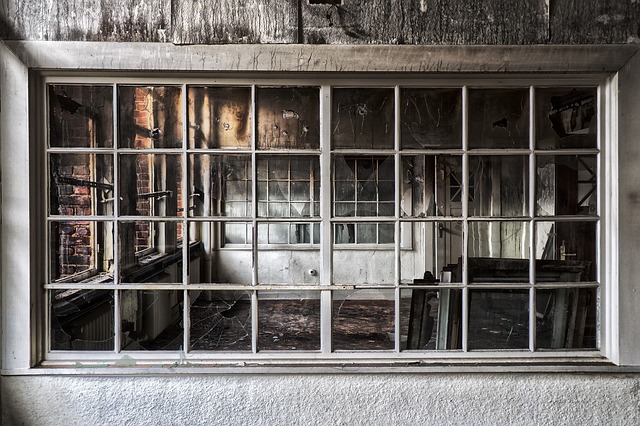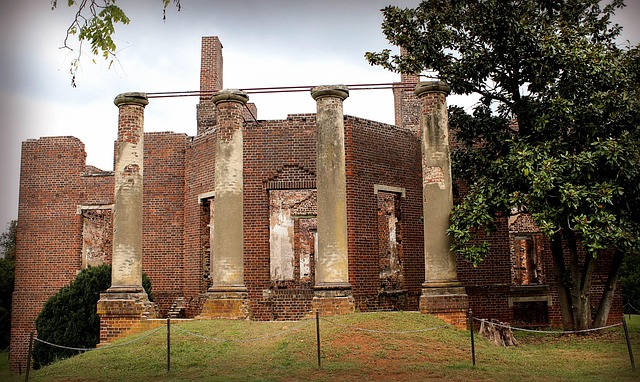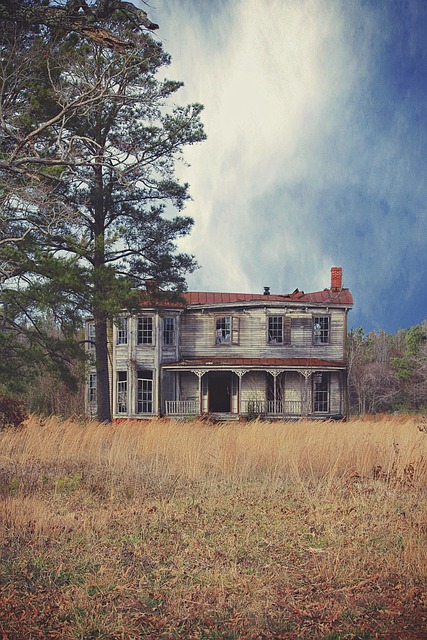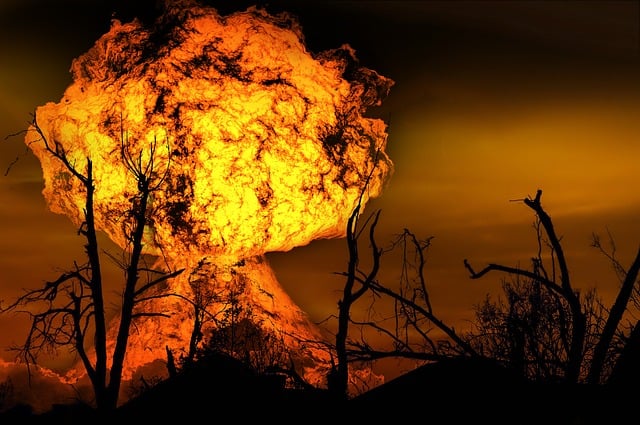Selling a fire-damaged home in California requires navigating a complex post-fire property valuation process governed by state guidelines. Homeowners should understand that fire damage can significantly reduce property value, necessitate costly renovations, and deter buyers. Key factors influencing valuation include damage extent, location, and market conditions. Strategically planning involves thorough damage assessment, professional restoration estimates, competitive pricing, effective marketing, and transparent legal disclosures. Adhering to these steps ensures a successful sale while protecting all parties involved.
After a devastating fire, assessing property value becomes a complex process. This article guides you through the intricacies of post-fire property valuation in California, offering insights into its unique challenges. We explore how fire damage impacts home values, factors influencing assessments, and strategies for selling a fire-damaged house. Additionally, we delve into legal considerations and disclosures, equipping you with the knowledge needed to navigate this critical period, especially when selling in California.
- Understanding Post-Fire Property Valuation in California
- The Impact of Fire Damage on Home Values
- Factors Influencing Post-Fire Property Assessments
- Navigating the Insurance and Claims Process
- Strategies for Selling a Fire-Damaged House
- Legal Considerations and Disclosures
Understanding Post-Fire Property Valuation in California

In the aftermath of a fire, property owners in California often find themselves navigating complex processes to assess and sell their damaged homes. Post-fire property valuation is a critical step in this journey, as it determines the financial outcome for both sellers and buyers alike. This process involves a thorough inspection and detailed analysis to accurately estimate the value of the property post-disaster.
California has specific guidelines and regulations regarding fire-damaged properties, ensuring a fair and transparent market. Professionals who specialize in post-fire appraisals consider various factors such as the extent of damage, reconstruction costs, and local real estate market trends. For individuals looking to sell their fire-damaged house in California, understanding this valuation process is essential. It allows them to set competitive prices, attract potential buyers, and ultimately facilitate a successful sale.
The Impact of Fire Damage on Home Values

Fire damage can significantly impact the value of a home, especially in highly desirable locations like California, where real estate is often expensive and competitive. When a fire occurs, it leaves physical marks on a property, which can range from smoke stains and water damage to complete structural destruction. These visible remnants of a fire can deter potential buyers, as they may worry about hidden issues or the cost of repairs.
In California, where the market is robust and there’s always a high demand for housing, selling a fire-damaged property might require more than just revealing the extent of the damage. It could involve extensive renovation and restoration efforts to bring the house back to its original state, or even a complete rebuild. These processes can be costly and time-consuming, which may discourage both buyers and lenders, potentially leading to lower offers or even a refusal to insure the property.
Factors Influencing Post-Fire Property Assessments

When assessing a property after a fire in California, several factors come into play, shaping the final valuation. The extent of damage is a primary concern; this includes evaluating structural integrity, with particular attention to the roof, walls, and foundation. Insurance adjusters and appraisers carefully inspect for smoke and water damage, as these can significantly impact the property’s value, potentially rendering it uninsurable or requiring substantial repairs.
Location also plays a critical role in post-fire property assessments. California’s diverse climate and geographical features mean that some areas are more prone to fire risk than others. Proximity to previous fires, fire safety infrastructure, and zoning regulations can all influence the property’s value, especially if it’s in a high-risk zone or has limited access to fire protection services. Additionally, market conditions at the time of assessment can vary, affecting the overall valuation of fire-damaged properties in California.
Navigating the Insurance and Claims Process

Navigating the insurance and claims process after a fire can be complex, especially for those in California considering selling their fire-damaged homes. The first step is to contact your insurance provider promptly and report the damage. It’s crucial to document the losses thoroughly by taking photos and keeping records of repairs or replacements. Your insurer will assign an adjuster who will assess the damage and determine the value of your claim.
During this process, understanding what’s covered under your policy is essential. Policies vary, and some may have specific clauses for fire damage restoration. It’s important to review these terms and communicate any concerns with your insurance representative. Once the claim is approved, the claims adjuster will provide a check or electronic payment based on the agreed-upon value of the repairs or replacement costs. For those planning to sell their property in California, it’s advisable to consult professionals who can guide them through the process, ensuring they maximize their compensation and meet any legal requirements.
Strategies for Selling a Fire-Damaged House

After a fire, selling a home in California can seem daunting, but with careful strategies, it’s entirely achievable. The first step is to thoroughly assess the damage and create an accurate plan for repairs. Engage the services of experienced professionals who understand fire restoration to provide estimates for necessary renovations. This process will help determine the current market value of your property, ensuring you set a competitive listing price that attracts buyers while still allowing for a reasonable profit.
Marketing plays a crucial role in selling a fire-damaged house. Highlight the potential for a fresh start and emphasize the quality of restoration work in your listings. Use high-quality photography to showcase both the before and after effects, demonstrating the transformative power of repairs. Engaging with real estate agents who specialize in such situations can be beneficial, as they understand buyer psychology and know how to navigate post-fire sales effectively.
Legal Considerations and Disclosures

When it comes to selling a fire-damaged home in California, legal considerations and disclosures play a critical role in the process. Homeowners must be transparent about any damage caused by a fire, as failure to disclose could lead to legal issues later on. This includes providing detailed information about the extent of the damage during the sale, ensuring all relevant facts are communicated to potential buyers.
In California, specific regulations and guidelines govern post-fire property valuations and sales. Sellers must adhere to these rules, which often involve disclosing the fire’s impact on the property in writing. This can include items such as structural damage, safety hazards, and any necessary repairs or renovations required before occupation. Proper disclosures not only protect buyers but also help them make informed decisions, ensuring a smooth transaction without hidden surprises.
Post-fire property valuation in California involves a multifaceted approach, from understanding the impact of fire damage on home values to navigating complex insurance claims and legal disclosures. By considering various factors influencing assessments, homeowners can strategize effectively when selling a fire-damaged house. Whether it’s through repairs, renovations, or creative marketing, the process offers opportunities to transform challenges into advantages. Remember that, in California, knowledge is key to successfully navigating the aftermath of a fire and getting the best possible outcome when selling your property.






